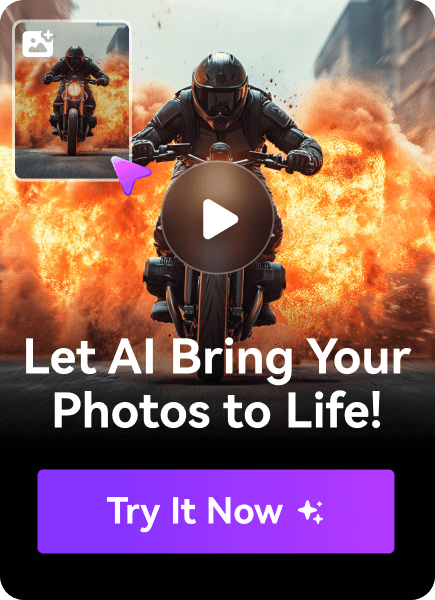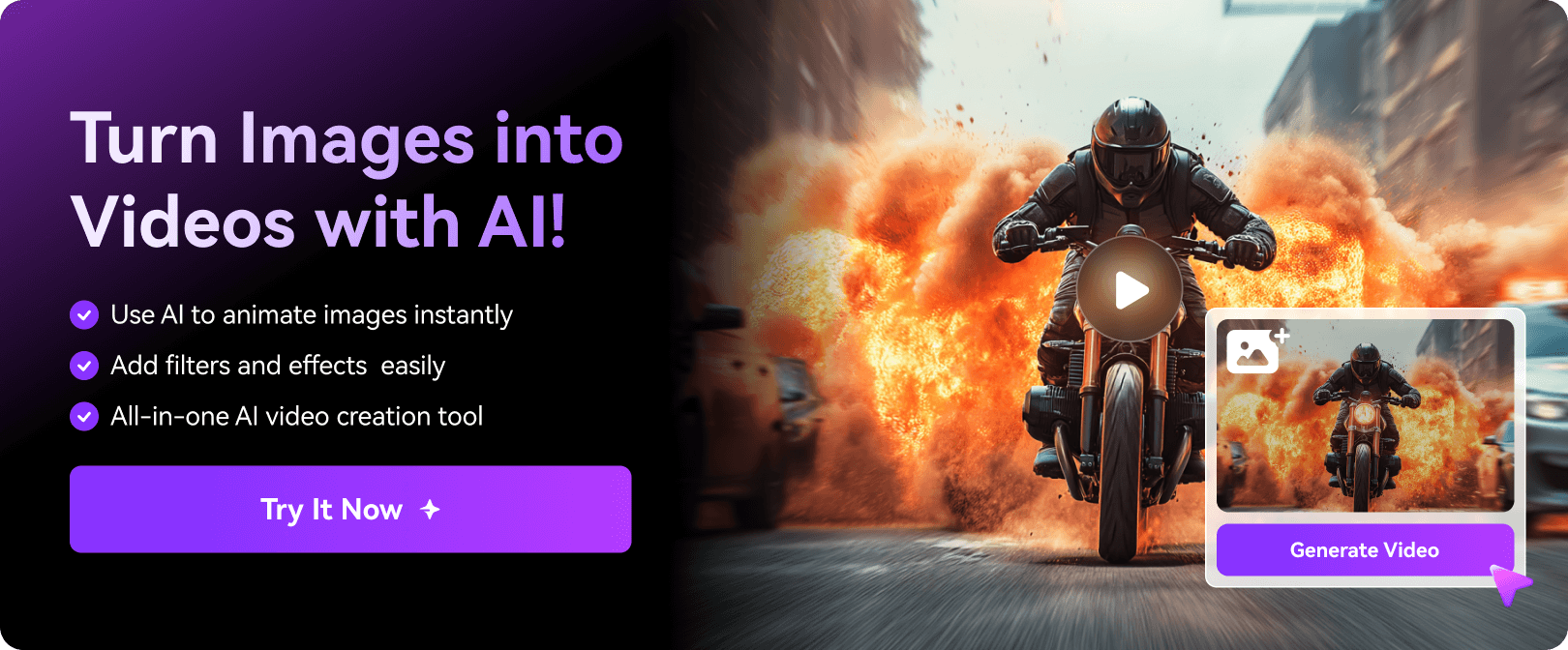Google is the market leader in search engines with a total share of around 82% followed by Bing and Yahoo. Looking at the stats, it only makes sense why over 80% of businesses use Google ads to promote their brands.
The key to effective advertising is to reach qualified leads when they’re searching for products or services similar to your business offering. Google being a fan-favorite of users around the world, helps brands reach their target audience with the right content at the right time.
Despite the impact of Google ads on a customer’s journey, small businesses fail to leverage its power in their marketing strategy because they don’t know how to advertise on Google. But that changes now.
Together, we will analyze what Google ads are, what sets them apart, and how you can set them up for your next marketing campaign. Let’s begin.
In this article
Part 1: Exploring The Basics of Google Ads

Google ads work on a pay-per-click (PPC) pricing strategy where businesses can advertise their products to large audiences across websites. These ads are well-timed and well-placed to target customers at different stages of their journey.
There are different types of Google ads, such as search, display, shopping, and YouTube ads. Since Google’s network is far and wide, you can choose the ad types and platforms you want to utilize in your strategy depending on your needs and budget.
How Google Ads Work?
When you launch an ad campaign with Google ads, you are actually bidding on specific keywords related to your business. You can place the bid according to the amount you’re willing to spend per click.
If your bid wins, your ad is displayed above the organic search results when a user searches for those specific keywords. However, there are a few things you need to work on to ensure your Google campaigns are a success.
1. AdRank and Quality Score
Your AdRank depends on your Quality Score and the bid amount.
To determine the Quality Score, Google analyzes your ad’s quality and how relevant it is to the audience you’re targeting. The platform takes into account these factors when deciding a Quality Score:
- Your ad’s CTR
- If the ad satisfies the searcher’s intent
So, if you want your ad to rank higher, you should work on the click-through rate by improving your keyword’s relevance, and user’s landing page experience. The content on your website that the ad directs to also plays an important role in the CTR.
2. Location
When setting up an ad campaign through Google ads, specifying your target location can drive better results. Businesses that cater to a certain geographical area can use specific zip codes to attract customers from within that region.
3. Keywords
Google uses keywords to match your ad with customers. When users search for specific keywords, Google ads with the same keyword are displayed in the search results depending on their bids.
4. Match Types
After selecting the most relevant keywords, you can choose how you want them to be matched with user searches. Do you want the keyword to match the query exactly? Or do you want to cast a wider net by displaying the ad to users with a related query?
You can select one of these four match types:
- Broad match
- Modified broad match
- Phrase match
- Exact match
It’s better to begin with an exact match but you can try other match types to narrow down your target audience.
Part 2: How Much Do Google Ads Cost?
Google ads can cost anywhere between $100 - $10,000 per month where most businesses pay around $0.11 - $0.50 per click and $0.51 - $1000 per 1000 impressions.
However, you should remember that these numbers are only averages and the actual cost of Google ads depends on different factors such as: industry, quality score, market trends, keywords, bid, budget, and Google network.
Google Ads Tutorial: How To Run Google Ads
Step1Sign In To Your Google Ads Account
To set up an ad campaign on Google, the first thing you need is a Google Ads Account. If you already have one, simply sign in to get started. If you’re new, create a Google Ads Account to access the marketing tool.
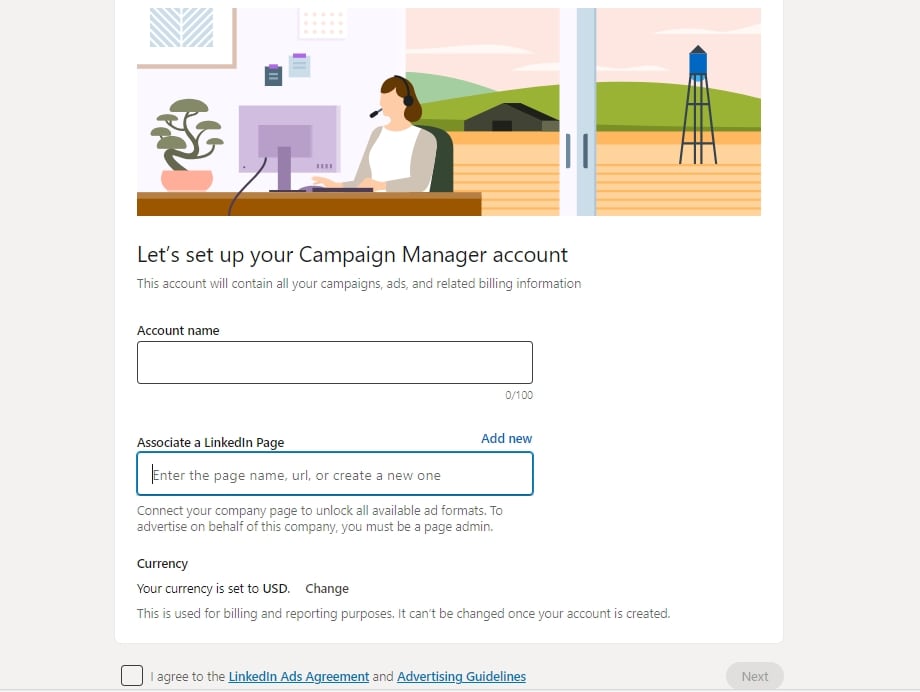
When setting up a new account, you would need to fill out important details such as:
- The name of your business and website URL.
- Any existing Google-owned accounts, like a YouTube channel or Google My Business Profile
- Your billing information.
Step2Create A New Ad Campaign
On the Google Ads homepage, click + New Campaign to begin.

Source: Hootsuite
Step3Set A Goal For Your Campaign
Next, select the goal for your ad campaign.
- Do you want to increase your sales?
- Is getting more leads your target?
- Do you want more customers to visit your physical store?

Source: Hootsuite
Whatever goal you choose, Google Ads will use your selection to guide the rest of the campaign. Remember that you can only select one goal per campaign. So, if you want to get two different results, like winning sales and creating brand awareness, you will have to set up 2 ad campaigns.
After selecting the desired goal, click Continue.
Step4Select A Campaign Type
Based on the goal you selected for the ad campaign, Google Ads will suggest the best campaign types to achieve your ad’s objective. Your campaign type determines where your customers will find your online ads.

Source: Hootsuite
There are 8 campaign types in total but Google Ads will show you only the ones that are relevant to your ad goal. These are the campaign types you can choose from:
- Search
- Display
- Video
- Shopping
- App
- Smart
- Performance Max
- Demand Gen
- If your campaign type has subtypes, select the one that best fits your campaign goals.
Finally, add a campaign name and select Continue to set your bid strategy and budget.
Step5Set A Bidding Strategy
Now, determine how much you’re willing to spend on this Google Ads campaign and how you want to optimize that budget. If you want viewers to click on the ad to drive a particular action, select Clicks from the drop-down menu of What Do You Want to Focus On?

Source: Hootsuite
You can also set a maximum cost-per-click bid limit to control your budget.
Keep in mind that Google Ads calculates the budget on a daily basis. So, if you have set a monthly budget, simply divide the total amount by 30.4 (the average number of days in a month) to get your daily spending limit, which is also your maximum cost-per-click bid.
- Pro Tip: The Google Ads system also lets you automatically optimize your bidding. This is a good option if you’re new to Google Ads. Just set a maximum ad budget and select a strategy such as ‘maximize conversions’ or ‘maximize clicks.’ Google Ads will automatically adjust your daily bid to get the most out of your campaign budget.
Step6Specify Your Audience Segment
Now, tell Google more about your target audience. Start by selecting the language your audience speaks. Also, add all the audience segments that apply to your ad campaign.

Source: Hootsuite
Step7Create Ad Groups
Google recommends creating specific ad groups with different keywords for running a Google ads campaign. Ad groups are where you tell Google which ads you want to be shown against specific keywords. The key is to create ad groups around what people might be searching for when your ad shows up.

Source: Hootsuite
Each ad group should be unique, with a set of keywords that are connected to one another. You can even get keyword suggestions from Google by pasting a website URL that closely matches your products.
- Just make sure that your ad groups are similar but not same and each ad group has at least 3 ads.
Step8Insert Ad Details
Finally, add details about your ad including:
- A URL
- Headline
- Description
- Images
- Sitelinks
- Callouts
As you fill these out, Google shows you a preview of your ad in the right panel.

Source: Hootsuite
Pro Tip: The text that you add to your Google ads should be clear, relevant, and professional. You should include at least one keyword when writing a headline for your ad. For example, if you’re targeting the keyword “dog leashes,” your ad headline could be “Buy Dog Leashes.”
Your ad’s description should also match the headline for a smooth viewing experience. Similarly, the landing page you link through your ad should be able to deliver what users came there looking for. Advertisers can also add assets like a call button, extra links, an address, or additional information to increase the ad’s impact.
Step10Review And Publish
Double-check all your campaign details such as campaign goal, campaign type, total budget, bidding strategy, target audience, etc. Once satisfied, click Publish or Enable Campaign to watch your ad campaign in action.
Part 3: Creating Google Ads With Virbo
Using Google ads to optimize your marketing strategy is a great idea but creating video ads can be problematic for startups due to technicalities and budget constraints. However, Virbo Wondershare is a powerful AI tool that simplifies the video creation process considerably.
It has several tools such as an AI ad generator, montage maker, and video generator to help small businesses create quality content that converts at a fraction of the price tag. Here’s a quick guide on how you can create a video ad using Virbo’s montage maker.
1. Open Virbo Montage Maker
- Open Virbo on your browser and click Features. From the drop-down menu, select AI Montage Maker.
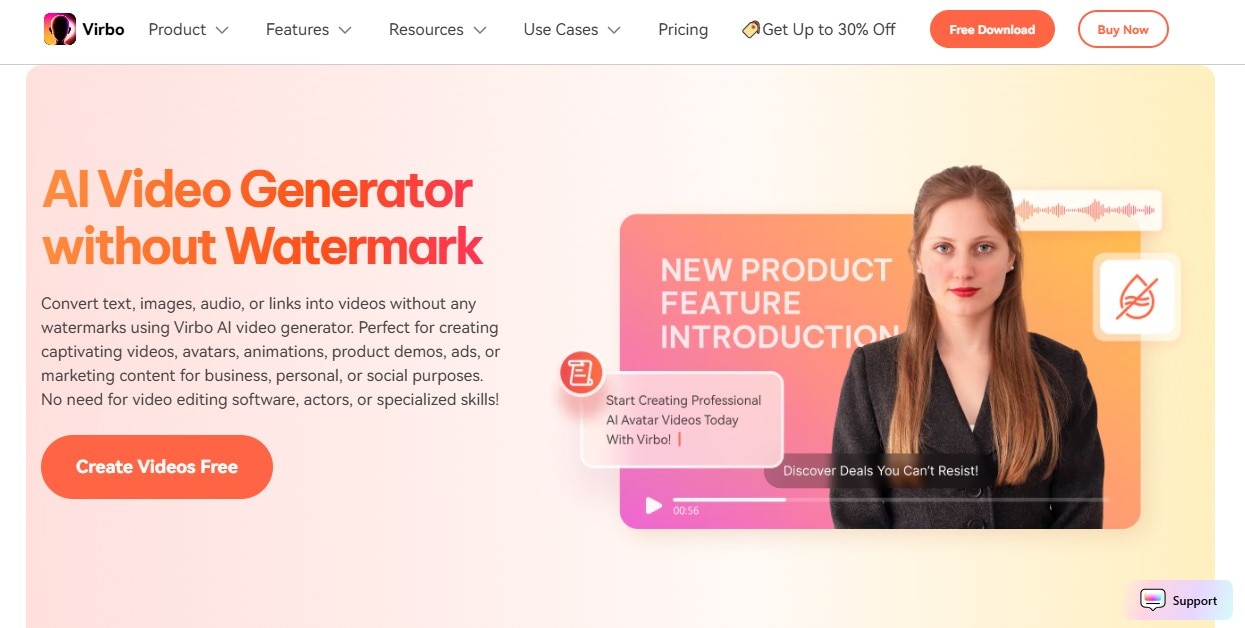
- When the AI Montage Maker page opens up, click Create A Montage Online to get started.
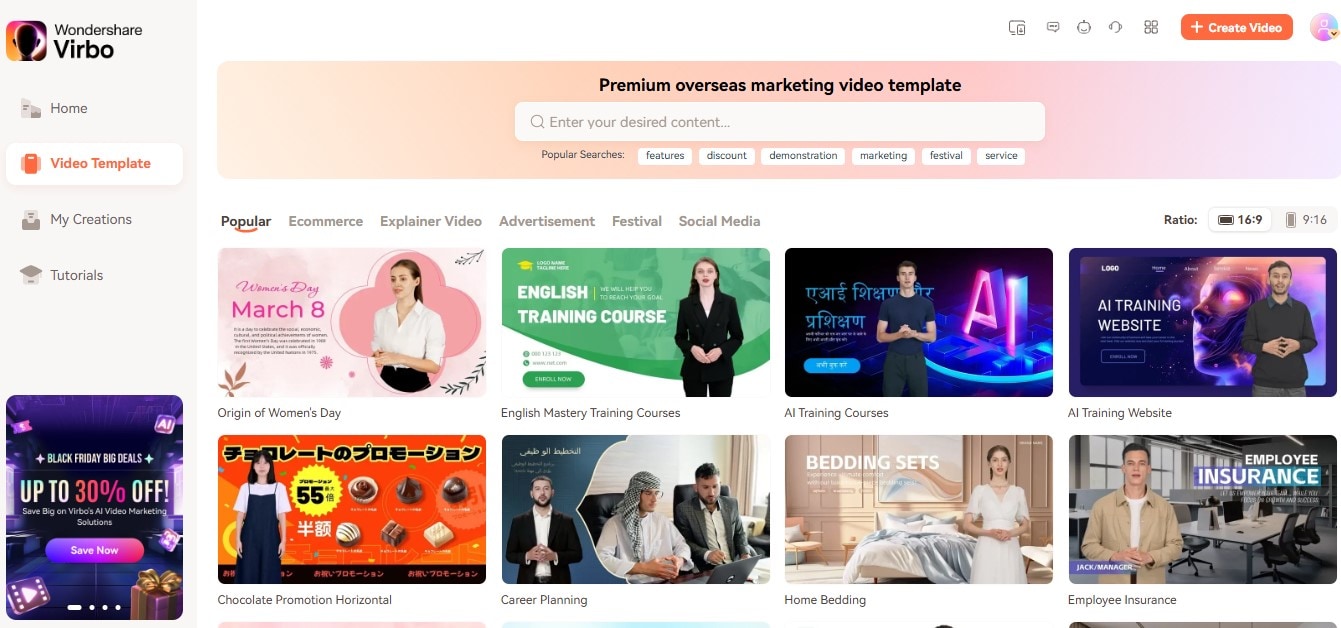
2. Add Video Details
- On this page, add any assets you have related to the video you’re creating. You can upload product images, videos, etc. to create a customized video.
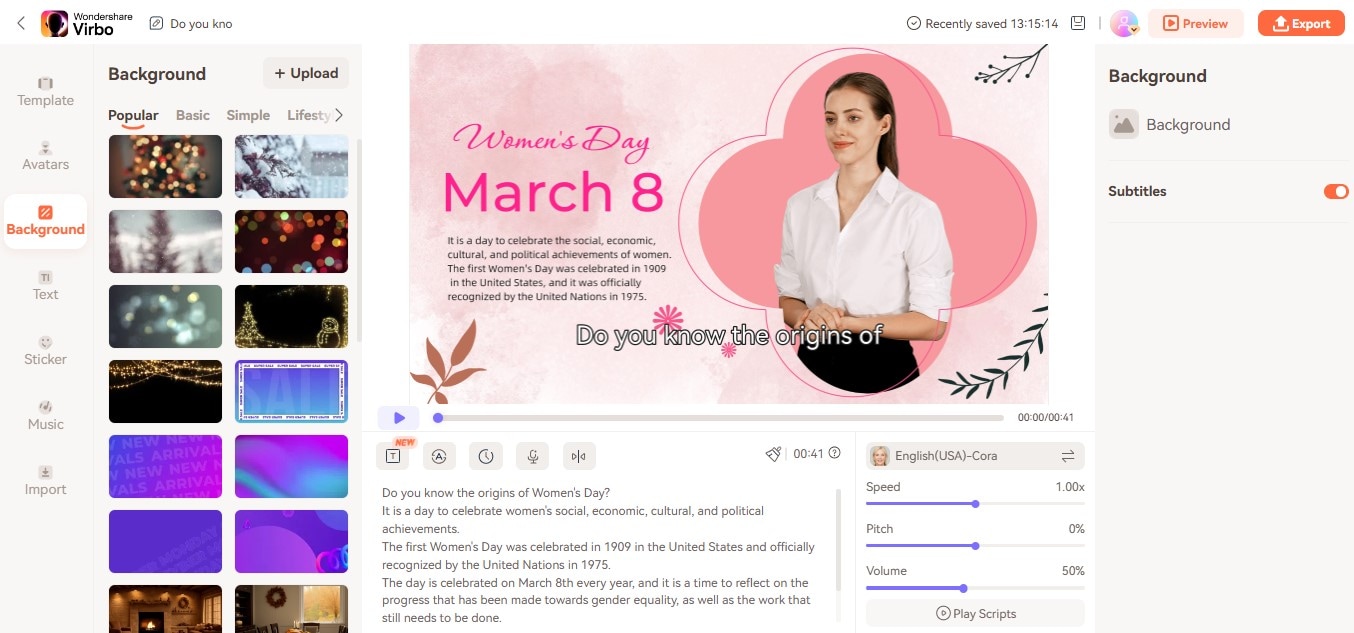
- You can also insert additional information about the video you want to create. If you’re not sure about what to add in this field, simply select Create a Prompt.
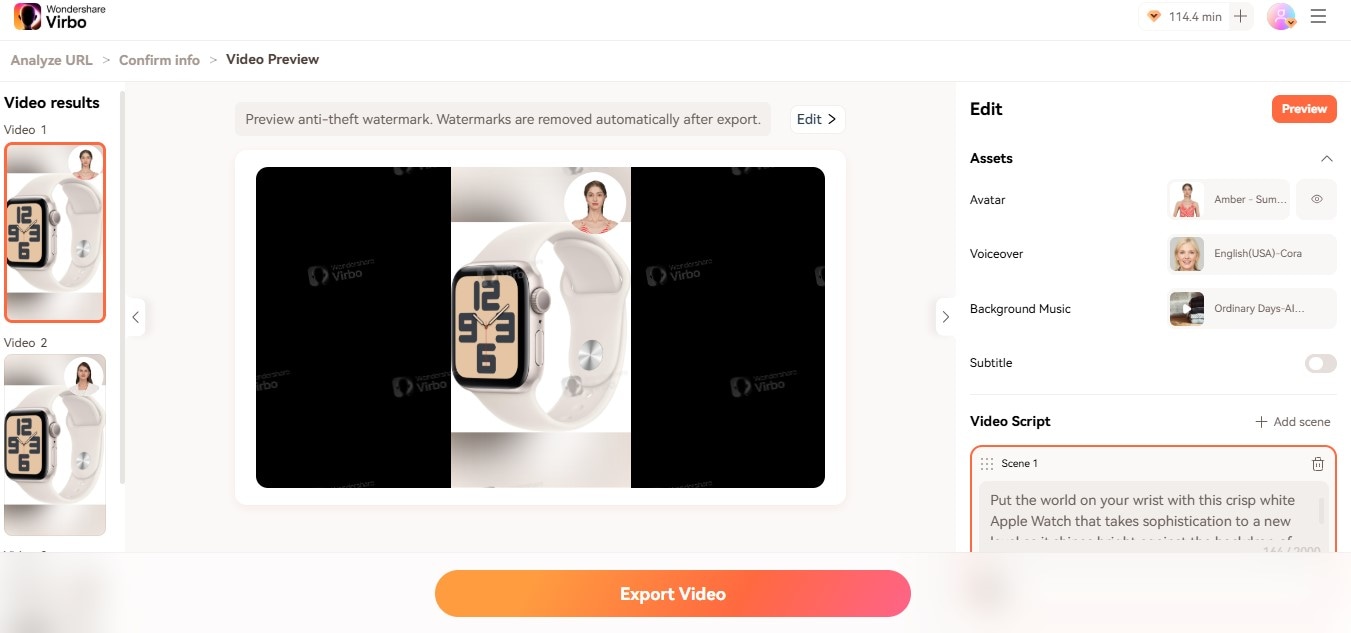
- You can add details about the video in the Create a Prompt dialogue box.
- Select the social media platform you want to advertise on
- Write the name of your product or company
- Mention the video’s topic
- Highlight your product’s unique selling points
- Specify your target audience
- Once done, click Continue.
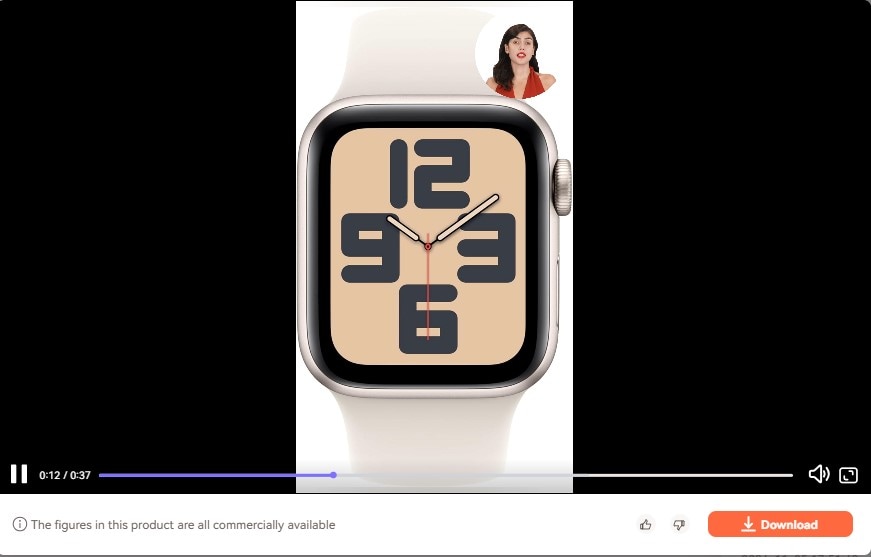
- Finally, select additional details about your video such as ratio, duration, language, and type, and click Generate Video.

3. Edit and Customize Video
- Virbo gives you three video options to choose from. Select the one that you like best. You can then customize the video further by clicking on the floating Edit tab.

- An editing panel will slide out from the right. Here you can change the AI avatar, voiceover, background music, and video script. Don’t be afraid to experiment as you search for the best brand image for yourself. Once you’ve edited the video, click Export Video.

4. Download Video
If you’re satisfied with the video ad, select Download to transfer it to your system.

Part 4: Types Of Google Ad Campaigns
The most common type of Google ad campaign is the search ad. However, businesses can use this tool to target users through other ad formats.
1. Google Search Ads

These ads appear when a user searches specific keywords in the Google search bar. Search ads are displayed at the top seamlessly with organic search results but you can identify them from the small pin, “sponsored”. Google search ads work well for creating brand awareness and diverting traffic to a business’ website.
2. Google Display Ads

Google Display ads appear on different websites that are within the Google Display Network. Apart from popular websites like Gmail, Google Finance, Blogger, and YouTube, these ads can be found on multiple Google partnering websites.
3. Google Shopping Ads

These ads are displayed in both the search results and the shopping tab. They function differently from search ads because they are not created around keywords. Instead, the seller maintains a catalog providing a detailed overview of the products on the platform and Google matches the products to relevant searches.
4. Google App Ads

These ads appear on the Google Display Network encouraging users to install the app or take a specific action. All you need to do is set up an app ad campaign, win the bid, and Google does the rest. The platform’s algorithm finds the right audience for your ad so you don’t need to think of a keyword or geographic location to market it to.
5. YouTube Ads

You can use Google ads to advertise your video content on YouTube without any extra effort. YouTube ads can be displayed before, during, or after videos. They can even be advertised in the form of a banner within a video or on the sidebar.
However, YouTube only displays video content - an ad format that has proved to be highly effective in capturing the audience’s attention. Did you know that 91% of businesses use video as a marketing tool? That’s because video ads help brands connect with viewers and deliver their message in a way that creates maximum impact.
While video ads are a must in any marketing strategy, many small businesses don’t have the budget to create expensive, high-quality videos for their ad campaigns.
The good news is that AI tools like Virbo can create quality video ads without draining your marketing budget. With Virbo, you can streamline your video content, create videos from scratch, and customize them to reflect your brand values.
Part 5: Best Practices For An Effective Ad Campaign
Now that you know how to set up Google ads campaign, let’s look at quick tips that can amp up your efforts.
1. Focus On Ad Quality
If an ad fails to capture the viewer’s attention, the campaign will be a total loss. It’s imperative to focus on your ad’s quality if you want to win bidding auctions and get clicks. Make sure that your visuals are eye-catching and interesting enough to hold the viewer’s attention. Work on your ad copy so that it’s relevant to the viewers and delivers a strong message quickly.
2. Experiment With Different Platforms
Google is undoubtedly the most popular search engine but that doesn’t mean you should restrict your Google ads to just search results. Instead, explore the other networks connected to Google, like YouTube, shopping ads, etc. to expand your ad’s reach and connect with a wider audience.
3. Revisit Your Targeting Options
Whether you target your audience through demographics or keywords, it’s crucial to assess the success of your targeting strategy. Don’t be afraid to adjust the keywords and location to figure out where your ad gets the most response. The key to an effective Google ad campaign is continuous analysis and improvement.
4. Use Negative Keywords
When you run search ads on Google, pay attention to the keywords your ad is displayed against. If you find keyword phrases that aren’t relevant to your ad, use negative keywords to signal Google not to waste your budget targeting that audience segment.
Final Verdict
Advertising through Google Ads can significantly increase your brand’s reach and drive desired results. So, if you’re looking for ways to optimize your marketing strategy, bank on Google’s massive display network to get seen where it matters.
FAQs
-
How do I advertise directly on Google?
Here’s how you can advertise on Google.
1. Log into your Google Ads account or create a new one.
2. Click Campaigns > New Campaign.
3. Determine your campaign goal and type.
4. Add your budget details and choose a bidding strategy.
5. Enter your billing and payment details.
6. Select your audience segment.
7. Create ad groups. Enter your ad details, preview, and publish. -
How do I advertise on Google for free?
You can advertise on Google for free by:
1. Creating a Google business account
2. Leveraging your Google Maps listing.
3. Diverting free traffic to your webpage through Google search.
4. Using Google Shopping’s free listing feature. -
Is there a monthly fee for Google ads?
On average, Google ads can cost between $100 and $10,000 per month depending on your ad goals, industry, target audience, and bigging strategy among other factors.
-
How do I get Google ads for beginners?
Here’s a quick guide on how to use Google ads for beginners.
1. Determine your ad goal
2. Research your target keywords
3. Identify your audience segments
4. Write a compelling and relevant ad copy
5. Optimize your landing page
6. Set a budget
7. Create Google ads through a Google Ads Account


